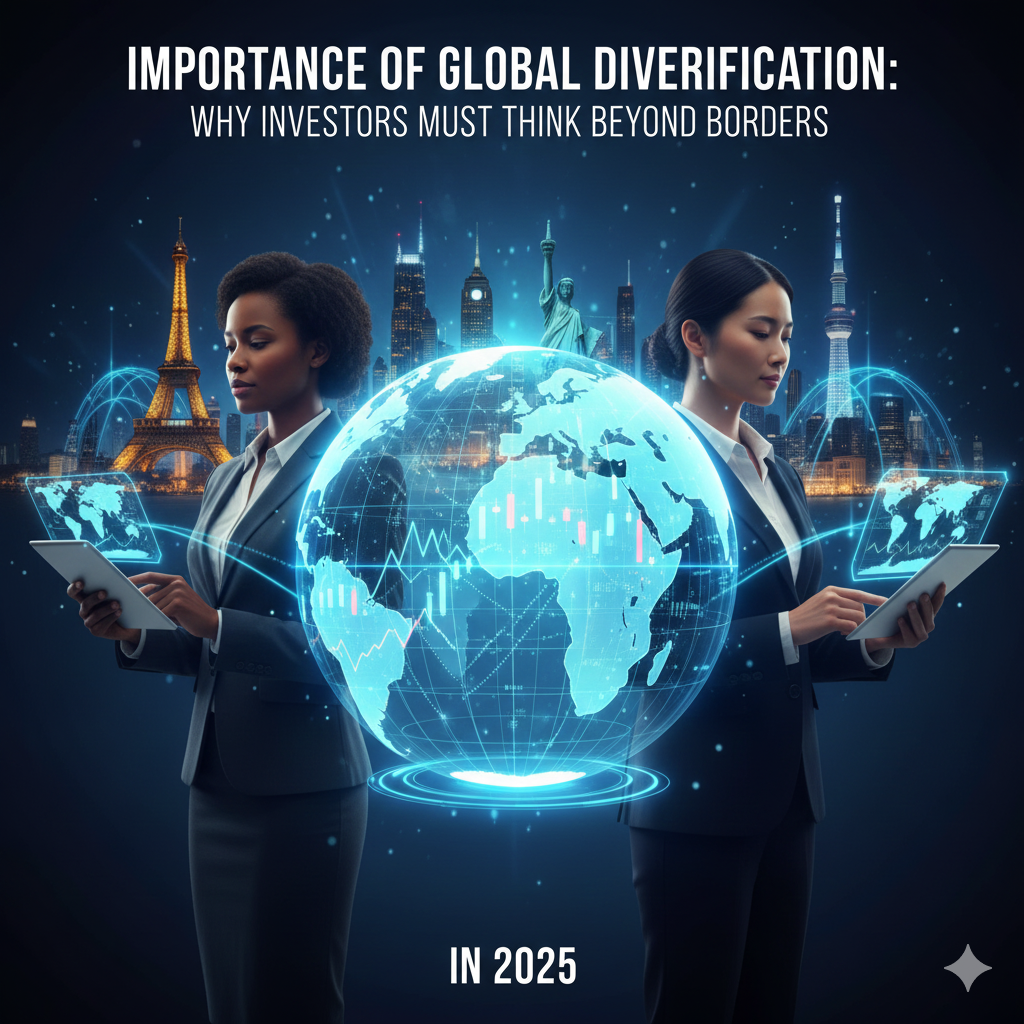Maharashtra Chief Minister Devendra Fadnavis has proposed using blockchain technology to manage the state’s voter lists. The initiative aims to modernize India’s electoral system while ensuring reliability, security, and transparency.
Blockchain-Based Voter Roll Management: What Is It?
Blockchain is a distributed ledger system that stores data across multiple nodes, making it visible, secure, and immutable. Key benefits of registering voters on blockchain include:
- Safe storage of each voter’s record on a decentralized network.
- Unauthorized changes are nearly impossible.
- Real-time tracking of updates.
Why Blockchain Is Being Considered for Voter Rolls in Maharashtra
India faces challenges in elections with millions of voters, including:
- Outdated or duplicate entries
- Voter fraud
- Manual update errors
- Lack of transparency for citizens
Blockchain can help through:
- Tamper-Resistant Records: Data cannot be altered without consensus.
- Real-Time Updates: Authorized nodes see instant registration and modification updates.
- Enhanced Trust: Citizens and officials can independently verify voter rolls.
- Digital ID Integration: Linking voter rolls with Aadhaar ensures accuracy.
How Blockchain Could Be Used for Voter Rolls
- Voter Registration: Each voter receives a unique blockchain ID verified by official documents.
- Recording Data: Voter information like name, age, and constituency is recorded as blockchain transactions.
- Record Updates: Changes (new registrations, address changes) are approved through smart contracts.
- Verification on Election Day: Blockchain enables instant verification of voter eligibility.
- Immutable Audit Trail: All modifications are permanently documented for election officials and observers.
Advantages of Blockchain-Based Voter Rolls
- Enhanced Security: Reduces unauthorized changes, data breaches, and single-point failures.
- Transparency: Voters and officials can verify voter list accuracy.
- Reduced Fraud: Minimizes fake voter IDs and duplicate registrations.
- Cost-Effective: Automates record-keeping and verification, lowering administrative expenses.
- Scalability: Can efficiently manage millions of voter records.
Difficulties in Using Blockchain for Elections
- Infrastructure Readiness: Strong IT and internet access are required, especially in remote areas.
- Digital Literacy: Training is needed for voters and election workers.
- Privacy Concerns: Sensitive voter data must be encrypted while ensuring transparency.
- Integration with Current Systems: Careful planning is needed to link blockchain with Aadhaar and election databases.
- Legal & Regulatory Framework: Rules are needed to comply with India’s election laws.






